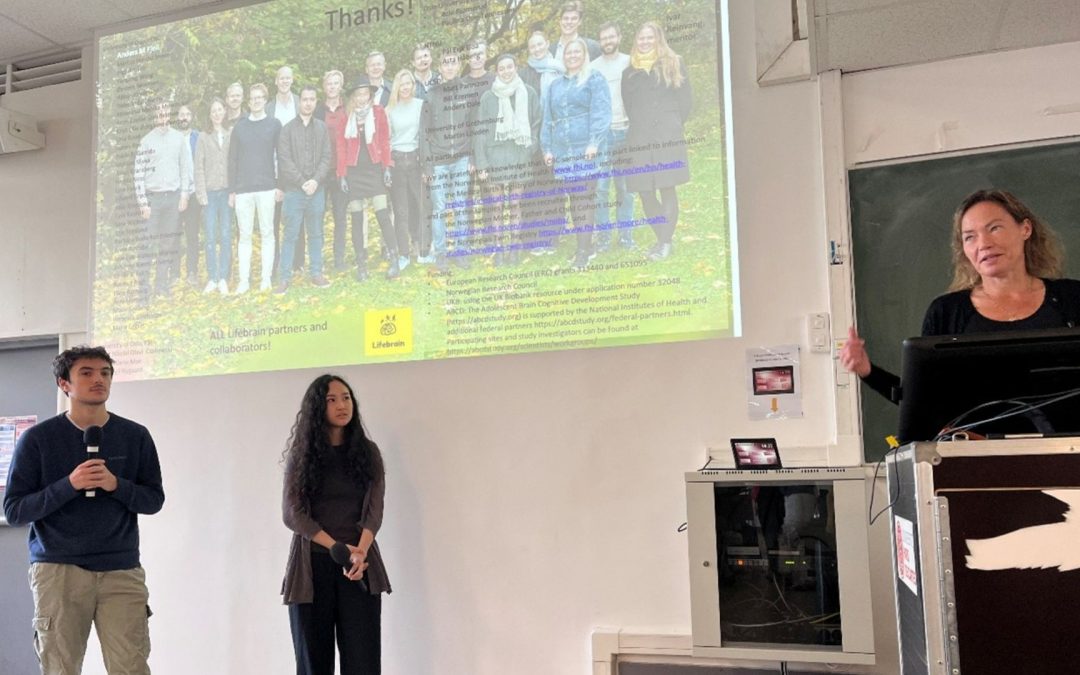The summer of 2022 was the hottest ever recorded in Europe, characterized by an intense series of heatwaves with record temperature, drought, and forest fires. Although Eurostat had already reported unusually high excess mortality during that time, it wasn’t clear until now how many deaths could be attributed to the heat. This is what scientists from Inserm and the Barcelona Institute for Global Health (ISGlobal) have investigated in a new study, published in Nature Medicine. Their analysis estimates that between May 30 and September 4, 2022 there has been 61,672 heat-related deaths in Europe. These findings suggest that the strategies we have developed to adapt to heatwaves may still be insufficient.

In 2003, Europe experienced one of the most intense heatwaves in its history, causing over 70,000 deaths. Since then, different strategies have been developed in an attempt to respond quickly to intense heat and protect the most vulnerable populations. Given the continuous increase in the number of heatwave episodes in recent years and the fact that their frequency may be multiplied by two by 2050, characterizing the associated mortality and evaluating the efficacy of current mitigation strategies is crucial/
With the summer of 2022 being the hottest ever recorded in Europe, scientists from Inserm France Cohorts[1] and the Barcelona Institute for Global Health looked at the number of heat-related deaths for this period.
The research team obtained temperature and mortality data for the 2015-2022 period in 823 regions of 35 European countries, representing a total population of over 543 million people. These data were used to estimate epidemiological models to predict heat-related mortality for each region and week of the summer period.
The records first revealed that the temperatures were above average throughout all the weeks of the summer period. The largest heat-related abnormality was recorded between July 11 and August 14, during which, according to the researchers, 38,881 deaths were caused by the heat. In this period, there was a particularly intense pan-European heatwave between July 18 and 24, for which a total of 11,637 deaths were attributed to the excess heat. All in all, the analysis reveals that between May 30 and September 4, 2022 there may have been as much as 61,672 heat-related deaths in Europe.
France is the country that recorded the greatest increase in temperature compared with the seasonal averages, with +2.43ºC above the average values for 1991-2020, followed by Switzerland (+2.30ºC), Italy (+2.28°C), Hungary (+2.13ºC) and Spain (+2.11ºC).
Analyses by Country, Age and Sex
Based on the epidemiological models they built, incorporating data on temperature and number of deaths[2], the scientists were also able to propose a country-specific analysis. They showed in absolute terms that the country with the largest number of heat-related deaths throughout the summer of 2022 was Italy, with a total of 18,010 deaths, followed by Spain (11,324), and Germany (8,173). France comes in 4th place with 4,807 heat-related deaths[3].
Beyond the estimated number of heat-related deaths, the study also included an analysis based on age and sex. At European level, the results highlight a very marked increase in mortality in the upper age groups, with the vast majority of deaths concentrated in the age range of 80 and over.
For the sex-based analysis, the data shows that heat-related premature mortality was 63% higher in women than in men. This increased vulnerability of women to heat is observed in the general population and above all among the over-80s, where the mortality rate is 27% higher than that of men. In contrast, the male mortality rate is 41% higher among those under 65 and 13% higher between the ages of 65 and 79.
For the research team, these findings should encourage us to take action to implement more robust preventive and protective measures. Indeed, the fact that many countries already had active prevention plans, unlike in 2003, suggests that the adaptation strategies available to us today may still be insufficient.
“The acceleration of global warming observed over the past ten years shows that it is urgent to rethink and reinforce our mitigation strategies, paying particular attention to the differences between European countries and regions, as well as between age and sex”, explains Hicham Achebak, Inserm researcher and last author of the study.
Europe is the continent with the highest level of warming, up to 1°C more than the world average. In this context, the team also estimates that in the absence of an effective adaptive response, the continent will face an average of over 68,000 excess deaths each summer by 2030 and over 94,000 by 2040.
[1] France Cohorts brings together several academic supervisory bodies, including Inserm, Ined, Université Paris-Saclay, Université Paris Cité, and Sorbonne Université. Its long-term objective is to offer a range of services for epidemiological cohorts.
[2] The mortality data were obtained via Eurostat and the temperature data via ERA5-land reanalysis.
[3] This study focuses on heat-related mortality during the summer of 2022 using weekly data and estimated nearly 5,000 deaths in France. On the other hand, Santé Publique France has recently used daily data for the same period and estimated nearly 7,000 deaths. This difference is due to the fact that the weekly data generally underestimate the impact of heat on mortality.
Read more

INC Day 2025: an international scientific day dedicated to neuroscience
The Neuroscience and Cognition Institute of Université Paris Cité (INC) organized a new edition of the INC Day, focused on neurodevelopmental trajectories. A key partner of the event, the Graduate School Neuroscience invited its first year and second year master...

INC Day 2025 : une journée scientifique internationale dédiée aux neurosciences
L’Institut Neuroscience et Cognition d’UPCité (INC) a organisé une nouvelle édition du INC Day, centrée sur les trajectoires neurodéveloppementales. Partenaire clé de l’événement, la Graduate School* Neuroscience a convié ses étudiantes et étudiants en M1 et M2...

L’Université Paris Cité, engagée pour l’égalité des chances
À l’occasion de la Semaine nationale des Cordées de la réussite 2026, l’Université Paris Cité réaffirme son engagement en faveur de la démocratisation de l’accès à l’enseignement supérieur à travers des actions concrètes, innovantes et ancrées dans les...

Appel à contribution au Festival Double•Science 2026
L’Université Paris Cité participe au festival de vulgarisation scientifique « Double•Science » qui se tiendra au Ground Control les 12 et 13 juin 2026. Nous sommes à la recherche de personnes souhaitant partager, de façon accessible et ludique, leurs connaissances et...
